There are a lot of things you have to consider when taking care of your baby. From locking drawers and pantry doors to securely setting a high-chair in place, you do your part to protect and care for your baby.
But have you ever thought of the quality of air your baby breathes in?
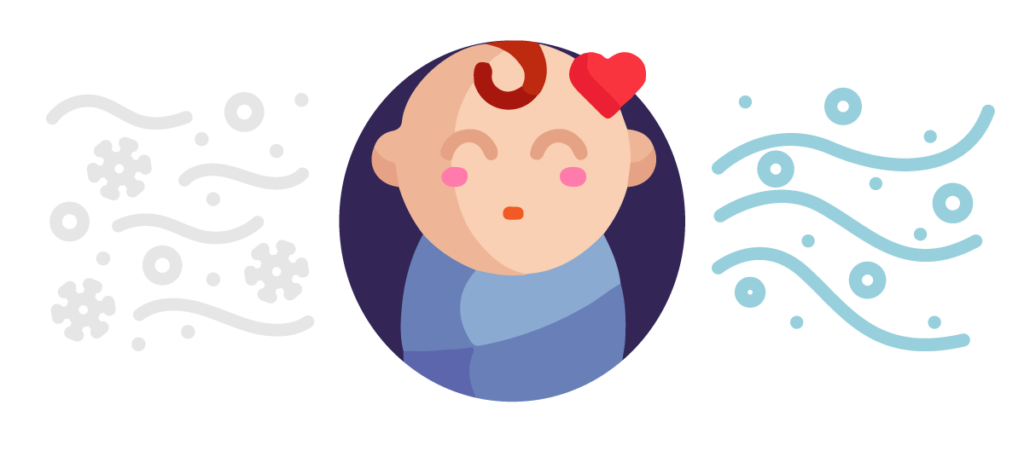
Homes can be filled with stale, dry air, or worse, with allergen-prone triggers like dust and dander.
However, a quality air purifier works against those airborne particles to bring fresh, breathable air for all, including your baby.
But before you jump in and add an air purifier to every room in the house, there are some important things to consider, especially when you have a baby in the home.
While most air purifiers are generally safe for babies, there may be some features you may want to be more mindful of as you make a decision on which air purifier is right for your home. Read on for some helpful insights about air purifiers and what they mean for your baby.
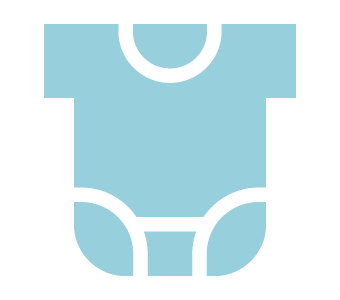
Are Air Purifiers Safe for Babies?
Before even considering bringing an air purifier into your home, it’s important to know whether or not these home devices are safe for being around babies.
Generally speaking, most air purifiers are safe to have around a baby. They are effective and efficient at removing particles and other unhealthy components in the air.
However, there is a certain type of air purifier that should not be used around babies.
These are the types that produce ozone as it cleans and purifies the air. The ozone release is not safe for a baby to be around, especially as they continue to grow and develop.
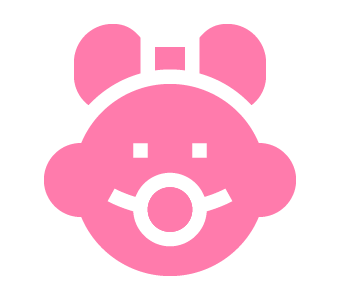
Using an Air Purifier in a Nursery
When you use an air purifier around a baby, you’ll want to be sure to regularly change out the filter to keep it operating at maximum capacity. Keeping the filter regularly cleaned will help it to easily catch the particles passing through and improve the air quality that you and your baby are breathing in.
Another thing to keep in mind when using an air purifier in a nursery is to keep the accessory out of reach of your baby. Like many other devices and appliances, babies may be drawn to play with the air purifier. And as many are connected to electrical outlets, it is not good for a baby to get into.
You also want to place it in a location that is far enough away from your baby to not interfere in their breathing but also close enough that the air they breathe has a chance to get filtered.
As with all types of appliances and household products, it’s also important to review the instructions and safety guidelines of the air purifier in order to get the best results from its use.
Review the manual for how long you can run the device and other important considerations you’ll want to make as you use the device effectively. Be sure to monitor the device often.
Even if you’re not sold on using an air purifier, there are other ways you can help improve the air quality in the home. You can use a humidifier or dehumidifier depending on your environment.
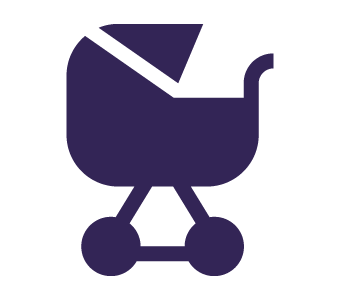
Benefits of an Air Purifier for Baby
Having an effective air purifier around a baby can be a very beneficial addition to your home. The many benefits that air purifiers bring for adults also ring true for babies as well.
Air purifiers work to eliminate and filter through particles and other forms of pollution that can have negative effects. These pollutants can cause difficult reactions to things like asthma, allergies and even more serious respiratory concerns.
By reducing these risks from an early age, your baby may have a less likely chance of developing respiratory issues that are associated with polluted air.
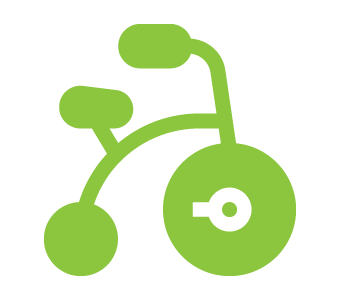
Humidifier Vs. Air Purifier
When comparing with a humidifier, an air purifier serves a different purpose. While a humidifier puts back moisture into the air that evaporated, an air purifier filters out actual particles.
Both options can help improve overall air quality and support the health and wellness of your family.
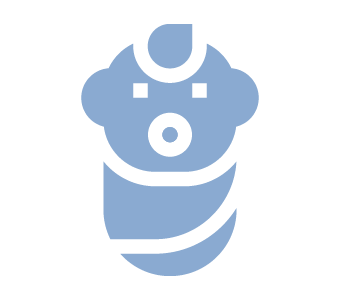
What to Look for When Buying a Baby Air Purifier
When it comes to choosing the right kind of air purifier for you and your baby, there are a lot of options out there. From how the device filters the air to the sounds it makes to how much it costs you, the market of air purifiers is diverse and contains a lot of opportunity.
Luckily, this means you can find the perfect baby air purifier that works just right for your family and home environment.
One consideration you’ll want to make in choosing the right kind of air filter is choosing one that does not make a lot of noise. Some air filters can be quite noisy when they turn on.
This loud noise may disrupt your baby’s ability to soundly sleep, which is not a good thing for either you or your baby. Choose an air filter that is quiet as it runs, as there are many effective options out there.
Another important thing you’ll want to keep in mind when choosing an air purifier for your home is the method in which it filters the air.
There are typically four major types of air purifiers. These include:
1. UV Air Purifier
UV air purifiers don’t actually filter airborne particles. Instead they kill bacteria and viruses in the air via a UV lamp. As the particles pass by, UV rays radiate from the lamp and destroy the microorganisms.
However, unless the UV air purifier also has a particulate filter system included, they leave the dead germs still floating in the air. Not something that is particularly appealing, especially when having a young one in mind.
2. Negative Ion Air Purifier
Negative ion air purifiers clean the air by using chemical injections. They magnetically attract particulates in the air, such as dust and pollen.
As cool as this sounds, it’s not as effective at removing airborne particles than other air purifier technologies.
3. Ozone Air Purifier
Ozone air purifiers produce ozone gas. This gas removes odors and kills mold.
However, exposure to ozone could trigger asthma symptoms or harm your lungs. It might even cause long-term damage to your respiratory system.
On top of that, no federal government agency has approved these devices.
Ozone types of filtering methods are dangerous for a baby to be exposed to, so skip using these for a baby’s nursery. In fact, skip it all together.
4. HEPA Air Purifier
HEPA air purifiers are by far the most popular and most effective means of filtering indoor air. They work by catching particles in a High Efficiency Particulate Air (HEPA) filter. They can remove at least 99.9% of dust, dander, mold, and many more airborne particles, like bacteria and viruses.
And, as an added bonus, they tend to be more cost effective too.
Best and Safest Air Purifier for Baby
When it comes to choosing the right air purifier for you and your baby, you have a lot of options to choose from. Each are designed to cover a certain amount of room space, are offered at different price points and highlight other important features that may be important to you.
What’s our choice?
The Dyson HP04

This air purifier uses a HEPA carbon filter to clean and filter out the air. It covers a moderate amount of space and can be a great option depending on your home.
Vornadobaby Purio

Another good option is the Vornadobaby Purio, which is also a HEPA filter. It covers a small amount of space but can be highly effective for a baby’s nursery.
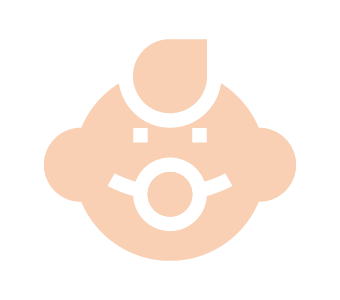
Support Your Baby’s Health With an Air Purifier
Nothing can be more important to parents when it comes to supporting the health of your baby. Luckily, an air purifier can make a big difference in the health and breathability of those in your home, including your baby.
Choose an air purifier that works well for your home environment and is safe for your baby to be around.
This page last updated September 7, 2022